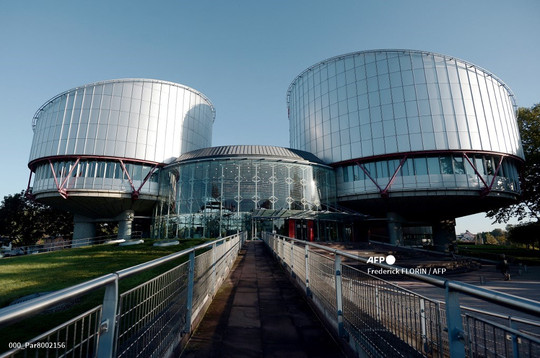The landmark ruling followed Edward Snowden’s revelations in 2013, stating that the British intelligence service was secretly intercepting and storing massive amounts of citizen’s data, including private communications.
Human rights organisations took various legal actions to denounce the British government's procedures. Eight years of revelations and trials later, Europe’s Human Rights Court recognised the dangers and “fundamental deficiencies” of such a surveillance regime.
Mass surveillance as such was not declared illegal, but the Court stated that GCHQ did not provide sufficient safeguards to ensure the right to privacy.
The ruling will have important implications for the UK, but also for European Union member states. From now on, intelligence services that want to investigate sources that may contain sensitive and confidential journalistic material must seek permission from an independent body. Access to these sources will only be granted if it can be clearly justified in the public interest and the independent body must look for less intrusive ways in order to avoid the unwarranted surveillance of journalists.
It is a landmark victory for press freedom and journalism, as the Court recognised that the protection of journalists’ sources and confidential data is insufficient and needs to be better protected. After the ruling, whistleblowers working with investigative journalists will be better protected and journalists will have a stronger legal basis to defend the anonymity of their sources.
IFJ General Secretary, Anthony Bellanger, said: “We welcome the ruling of the European Court of Human Rights that should put an end to decades of intrusive and human rights’ violating procedures of intelligence agencies across Europe. This is a significant win for all journalists and whistleblowers, who now will have better legal protections when investigating and exposing wrongdoings”.

